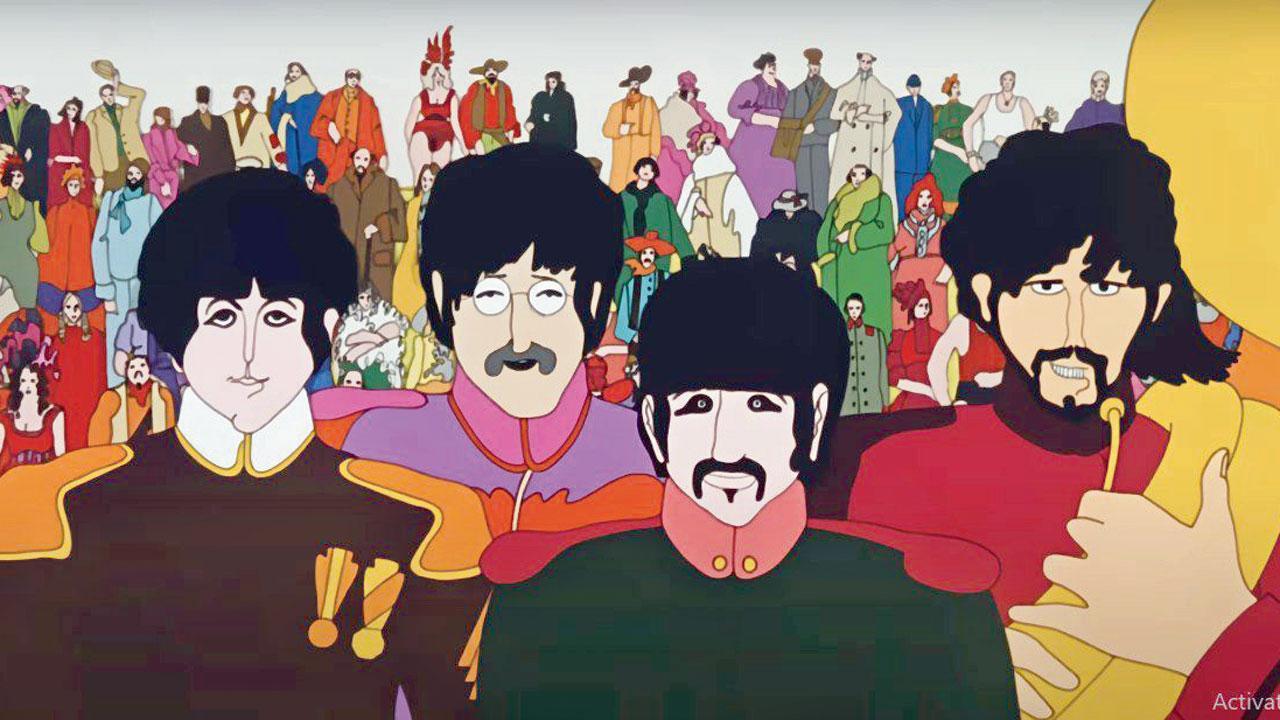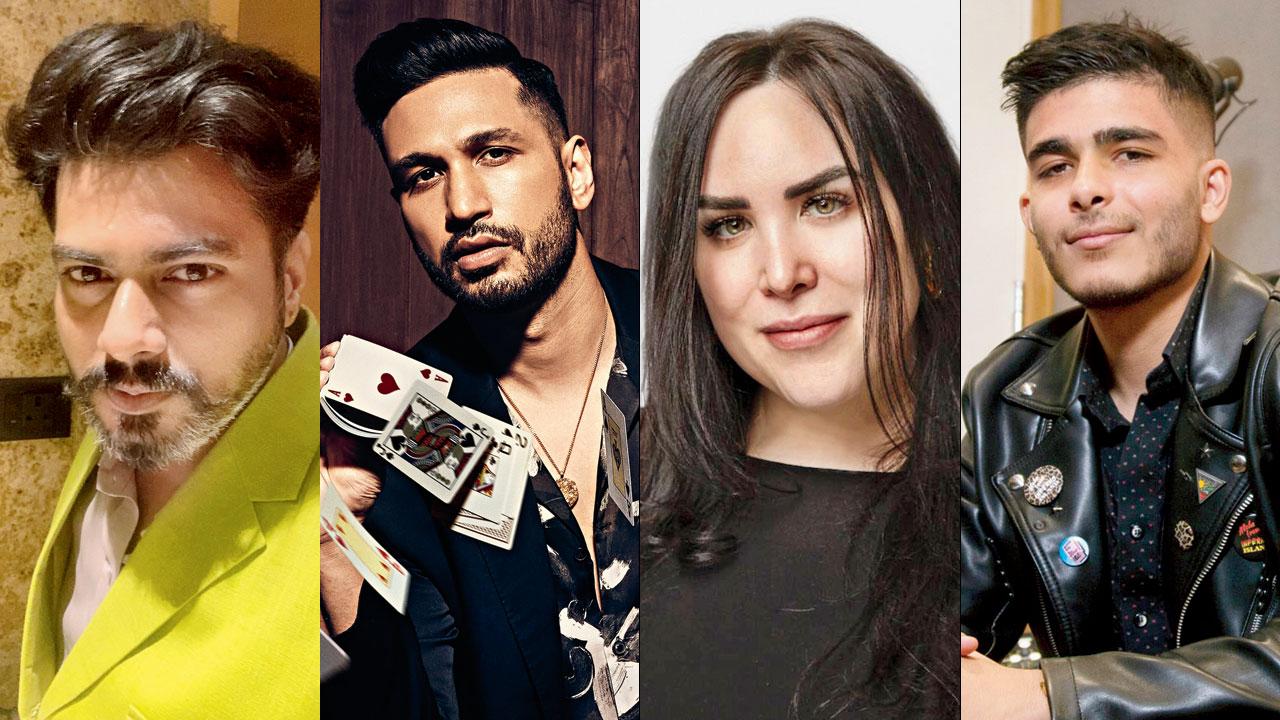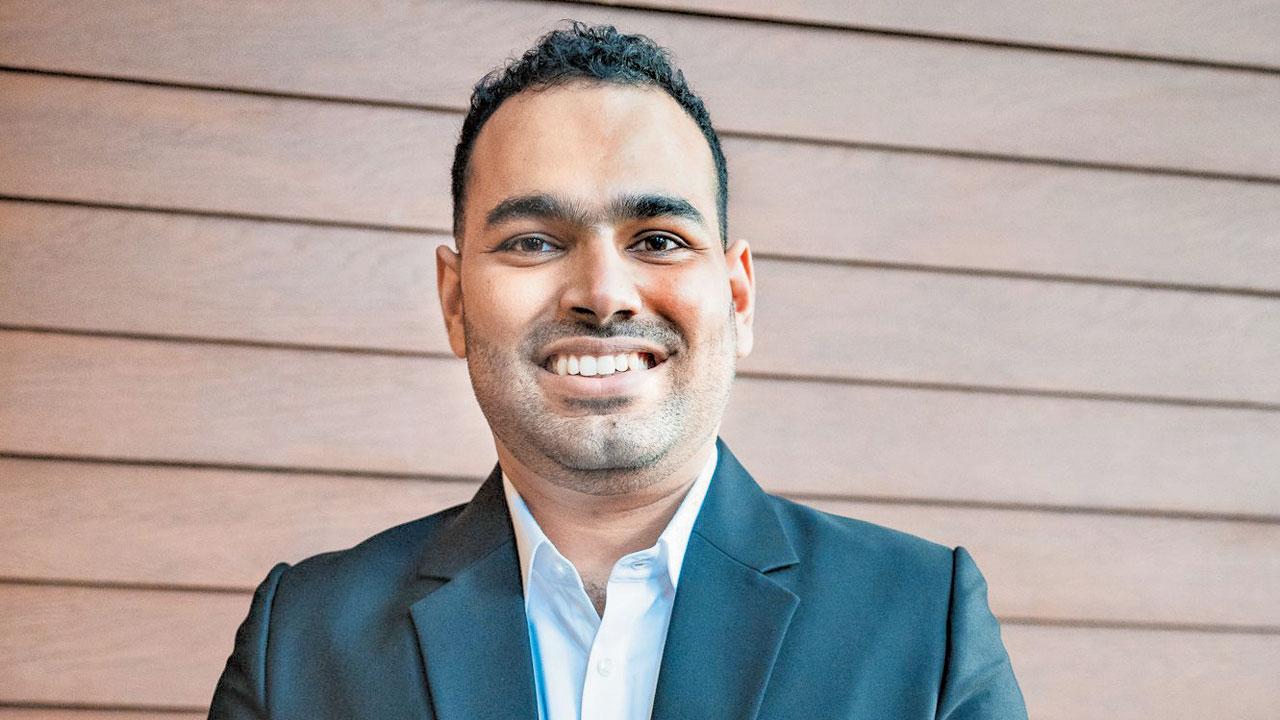A panel of music experts and composers come together in a conversation to navigate the increasingly complex presence of AI in music technology

A snippet from the video for The Beatles’ song, Now and Then. Pic Courtesy/YouTube
Like the Matrix of Neo’s consciousness in The Wachowski’s famed 1999 film, Artificial Intelligence (AI) has become the truth of our modern lives. While most visual artists are embracing the simplicity and diversity of the tool, the music industry is grappling with the complex nature of generative AI and its consequences. From issues with copyright, licensing, data management and control, there are aspects that go beyond the simplistic facet of technology in music creation. Today, a panel of music technology experts, an academician and composers will team up for a unique conversation to debate the role of this technology in the industry.
ADVERTISEMENT
Hosted by Avid Learning, IF.BE and India Music Exchange, the talk titled Rhythms and Algorithms: Reimagining Music with Artificial Intelligence, will be moderated by Rafael Pereira, managing partner for TINNUTS, a law firm for creative industries. “I think it is important to have this conversation now,” Pereira reasons. The debate, he points out, is not whether AI will change the industry, but rather how much of that change is acceptable. “There is already AI in music technology and start-ups, but few are examining the implications of it. We need to be conscious of what is at stake,” he says.

Sunnyy Vyas, Arjun Kanungo, Charlie Wall-Andrews and Ankit Desai
This is where Charlie Wall-Andrews, professor of creative industries, Toronto Metropolitan University, believes music educators have a role to play. She shares, “Artistes are going to have different preferences in terms of how they use or may not use AI towards the creation of art. Regardless, AI is here to stay. But what is important is an ethical and transparent use of the technology.” The artiste’s perspective will be put forth by composer Arjun Kanungo, and founder of Snafu Records, Ankit Desai.
Generative AI, by principle, depends on existing data i.e songs or music to create new iterations. This has led to debates about licensing and creative copyright. Like the recently recreated vocals of the late John Lennon on the latest track by The Beatles, Now and Then. The track featured the late singer’s voice, cleaned up and extracted and later integrated with works of his former bandmates.
While some might consider it a reduction of the artist to mere extraction, Desai remarks that it is the end of one more barrier. “You are now only limited by your imagination, not by the studio, instruments or artistes you have access to. It heightens the individuality of the creator,” he says.

Rafael Pereira
But any generative AI depends on existing musical data. “The trouble is that AI does not have the consciousness to ask data owners whether they can train themselves off this data. This is an essential part of the process that needs to be talked about,” says Sunnyy Vyas, lead, Wynk Studio Community Business and Content, who will bring an industry perspective to the debate.
Wall-Andrews agrees. She says, “Policy makers need to move quickly on this, unfortunately, innovation always moves faster than government regulation policies. Key hurdles will be implementing policies, and developing infrastructure in which people are able to comply with such policies.”
Consensus on such decisions are hard to arrive at. While some studios and labels have their own licensing regulations, industries across the world are yet to come to terms. “The key is to find consensus among ourselves. The music industry requires multiple stakeholders to step in and form a consensus, and so far, that has been wanting,” Pereira notes. Hopefully, the conversation is the first step to the process.
On Today; 6 pm
At IF.BE, Ballard Estate, Fort.
Log on to insider.in
 Subscribe today by clicking the link and stay updated with the latest news!" Click here!
Subscribe today by clicking the link and stay updated with the latest news!" Click here!







